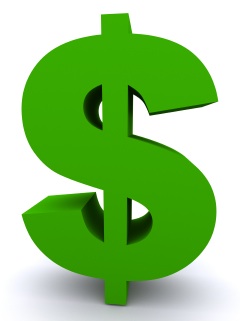Michael Kruse, one of our favorite bloggers and readers of this blog and constant commenter, has drafted up for us a useful sketch of the economic systems at work right not in political rhetoric. [BTW: on Scandinavia.] What is socialism? Here’s Michael’s sketch…
Where do you see the USA fitting in this scheme? Why? What’s the decisive indicator for you?
The differing economic and political systems hinge on who controls the means of production and distribution. It is probably most helpful to view the systems on a continuum.
At one end is the laissez-faire market economy. All means of productions are privately owned and distribution is achieved through markets. There is no central planning. Government enforces contracts and a plays referee between competing parties.
At the other end is communism. All means of production are owned by the people (or the state on behalf of the people.) Goods are distributed according to some measure of equity and fairness. Everything is centrally planned. Government administrates industry functions.
Neither of these has ever existed in any pure sense. Even though the American economy has leaned to the “market economy” end of the spectrum some aspects of our society exhibit socialist qualities. For instance, the post office is owned and run by the government. We collect taxes to redistribute income and provide services to the poor. While the entire economy is not centrally planned government does attempt to influence industries via incentives, disincentives, and regulation.
Socialist countries are those societies that rely significantly on central planning and have significant portions (though not all) of their economy administrated by the government versus having refereed markets manage the process. Significant portions of personal income are levied for the support of the government administrated industries and for some equalization of income. (Of course, the key question is what constitutes “significant.”)
In Marxist thought, socialism is a hybrid state on the road from capitalism to communism. In some conversations, “socialism” means anything from the hybrid European models to totalitarian communism. In other contexts, people use the term narrowly to distinguish a system from both market economies and totalitarian communism.


